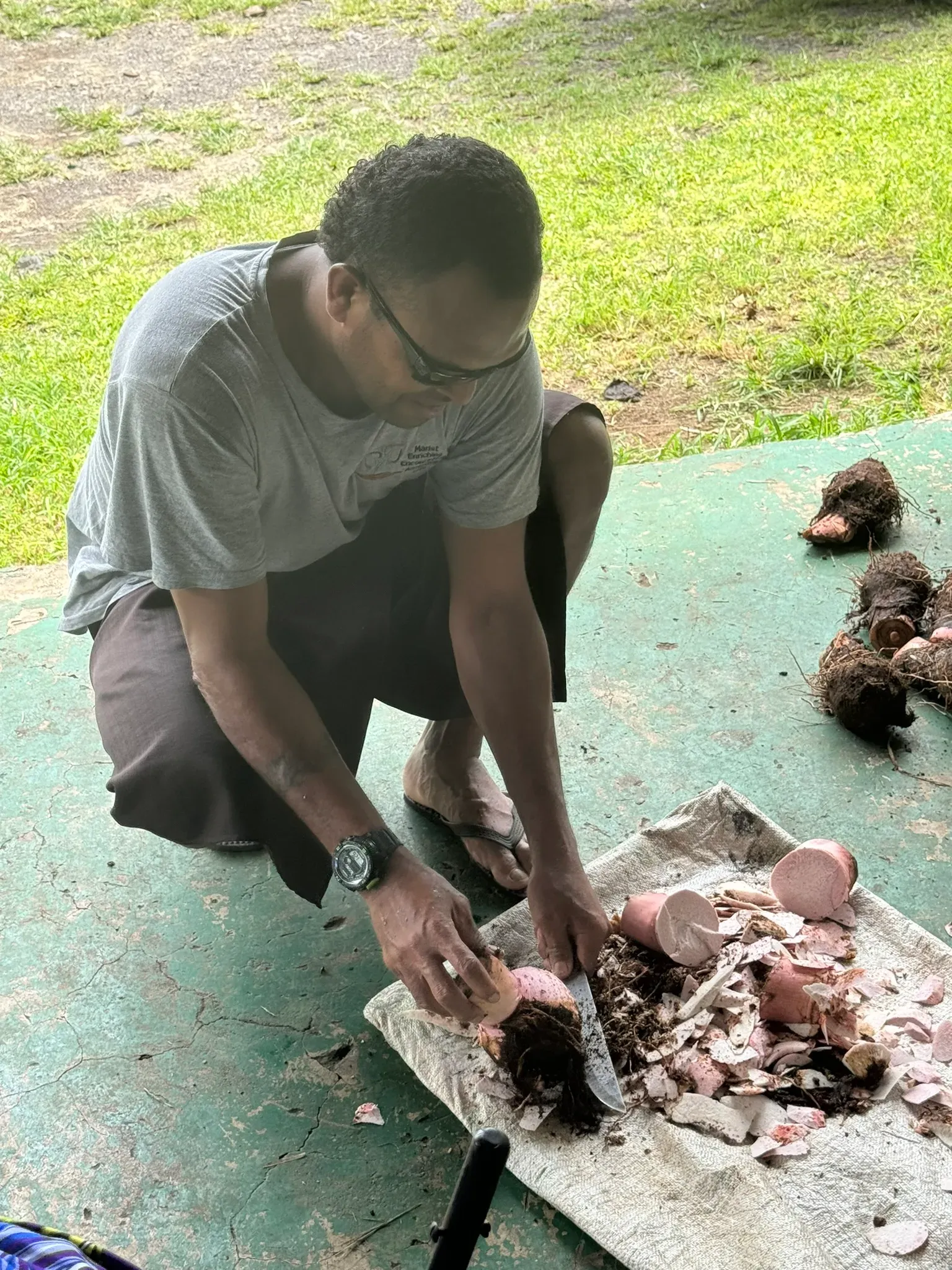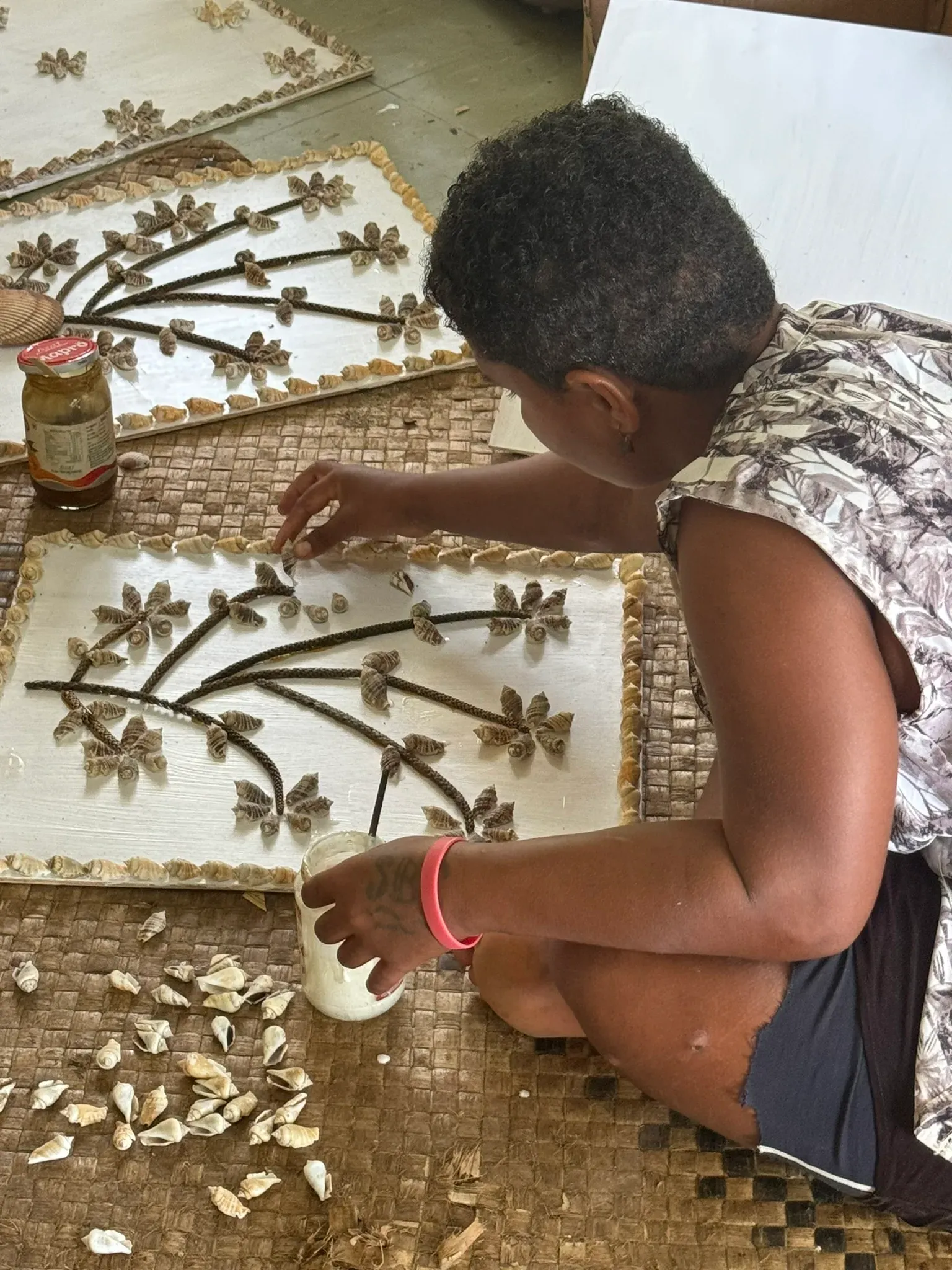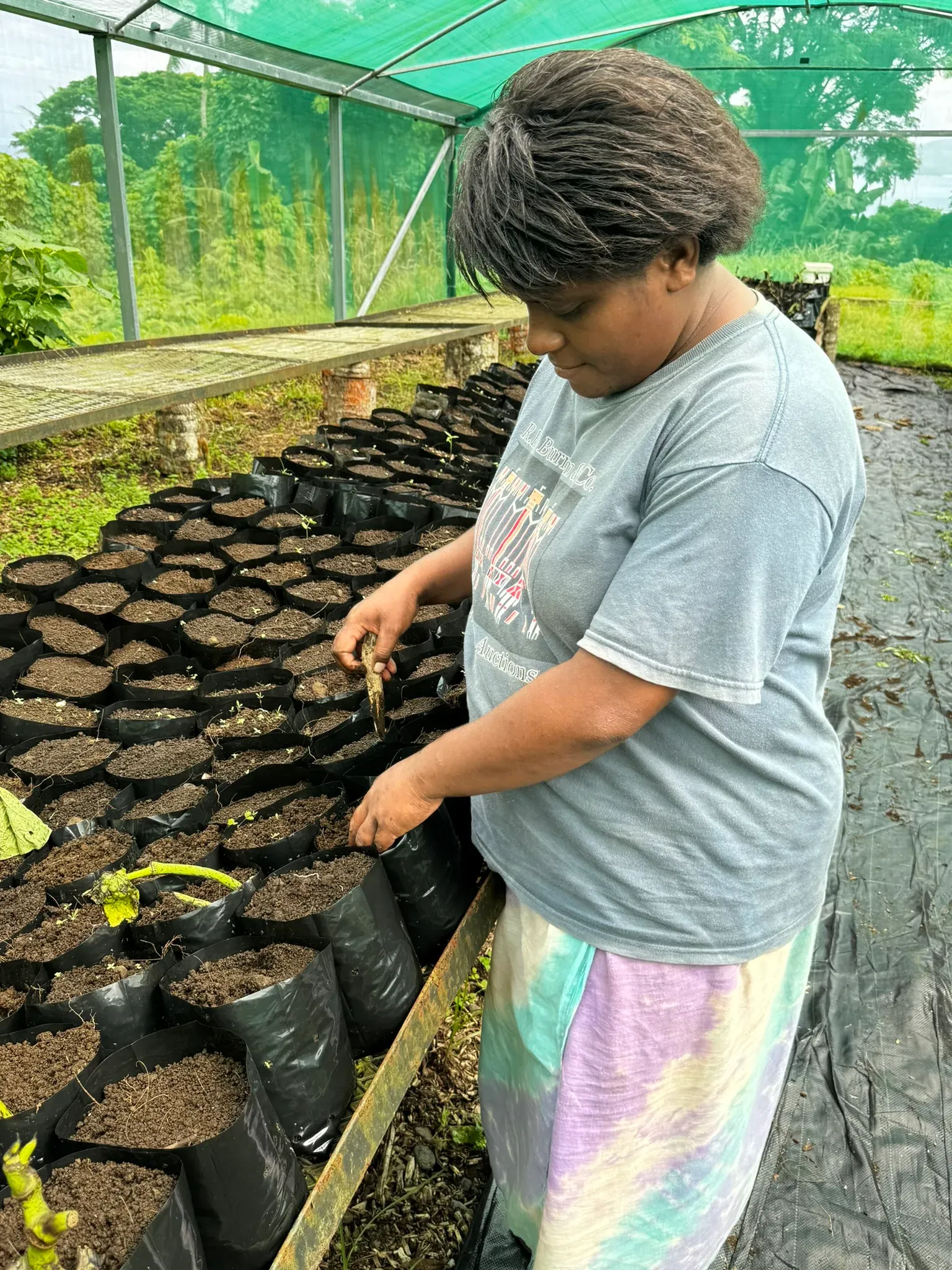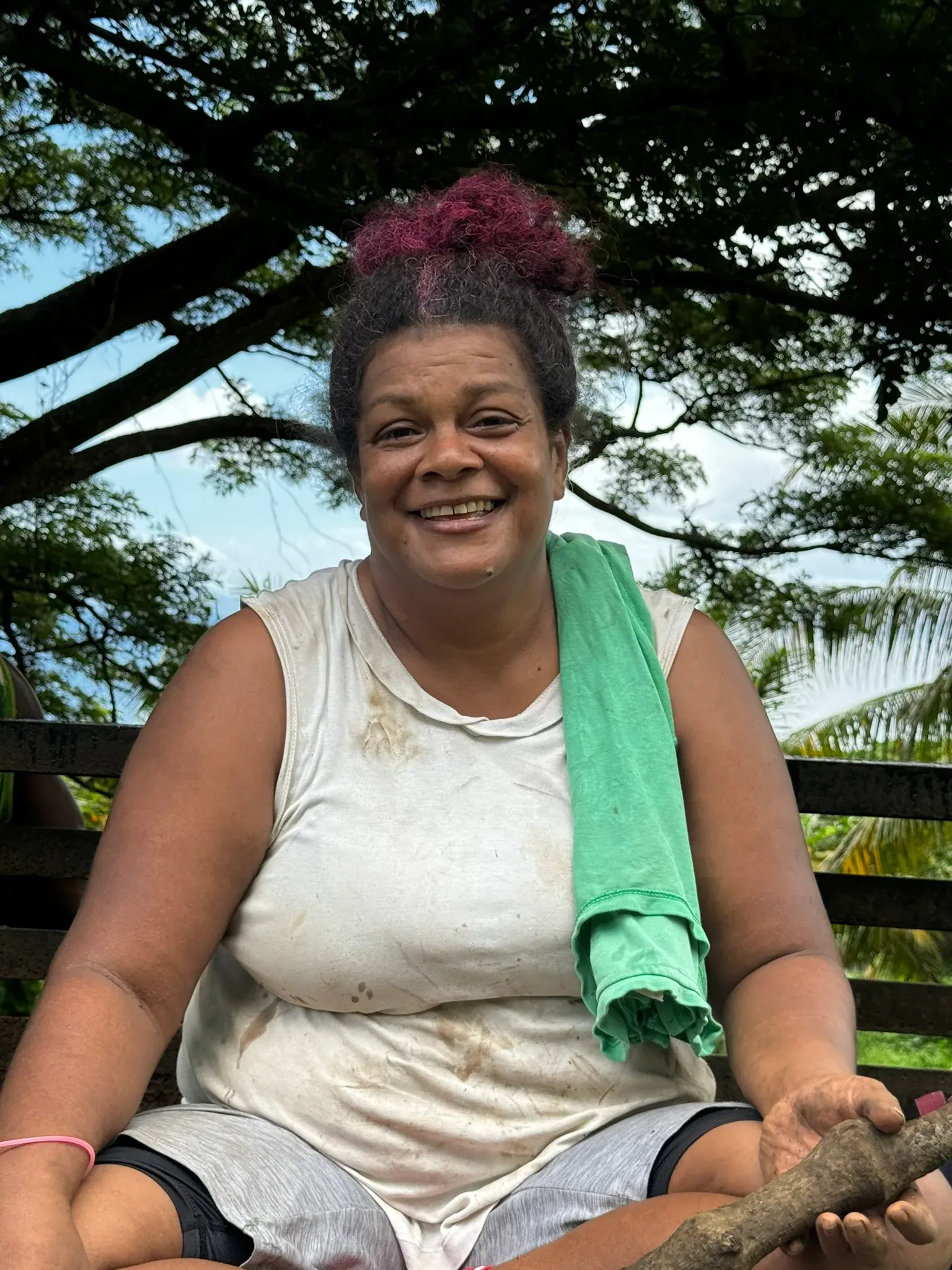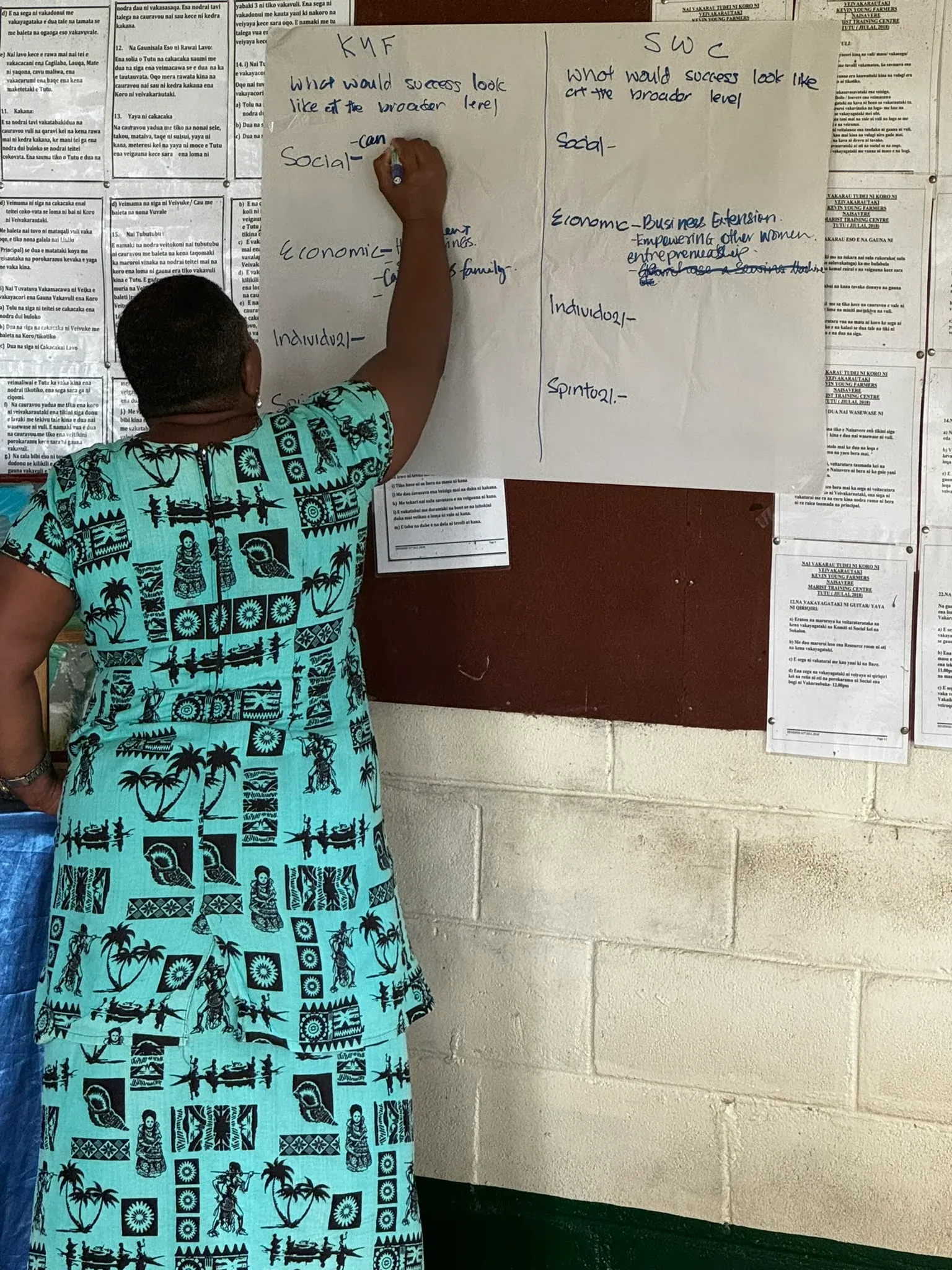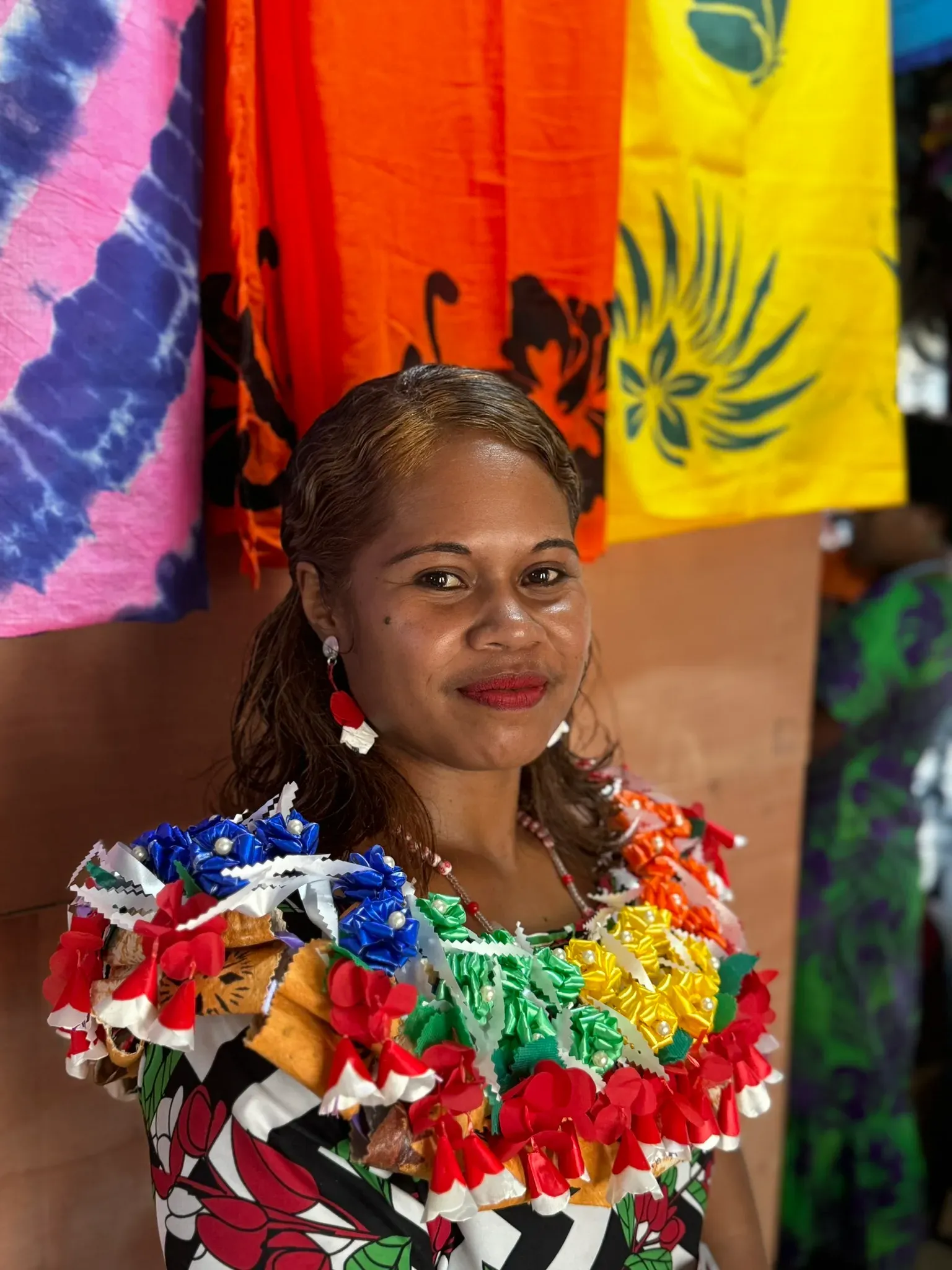
Empowering women entrepreneurs in Fiji.
Reported improved self-confidence.
In 2024 Tutu Rural Training Centre implemented a women’s empowerment program in rural Fiji, aiming to enhance economic activity, food security and equip women to take on leadership roles in their community. The six-month, semi-residential program provided vocational training, income generation to establish micro enterprises, and management workshops to 27 women from 10 villages. The evaluation aimed to assess its how successful the program was in delivering the expected outcomes and preparing participants for return to their villages at the conclusion of the program.
Indigenous Empowerment.
Methodology.
Turning insights into impact.
From key findings to real-world outcomes, see how evaluation drives growth, informs decisions, and helps create lasting change.
Communication
A communication plan was developed to ensure all stakeholders, not just donors were informed of the evaluation findings to maximise the likelihood of implementation of the recommendations
Findings
The program achieved measurable success, with women generating income through vegetable farming, tailoring, handicrafts, and poultry farming. Seventy-eight percent reported increased confidence, citing newfound independence in making financial decisions as a key outcome.
Challenges
The evaluation revealed challenges such as cultural resistance, limited access to markets, and low literacy levels, which impacted some participants’ ability to fully maximise the program’s benefits.
Conclusion
The program showed measurable success in empowering women economically and socially. Future iterations should address challenges by integrating market access initiatives and enhanced training modules. This evaluation underscores the potential of targeted interventions to drive sustainable development.
